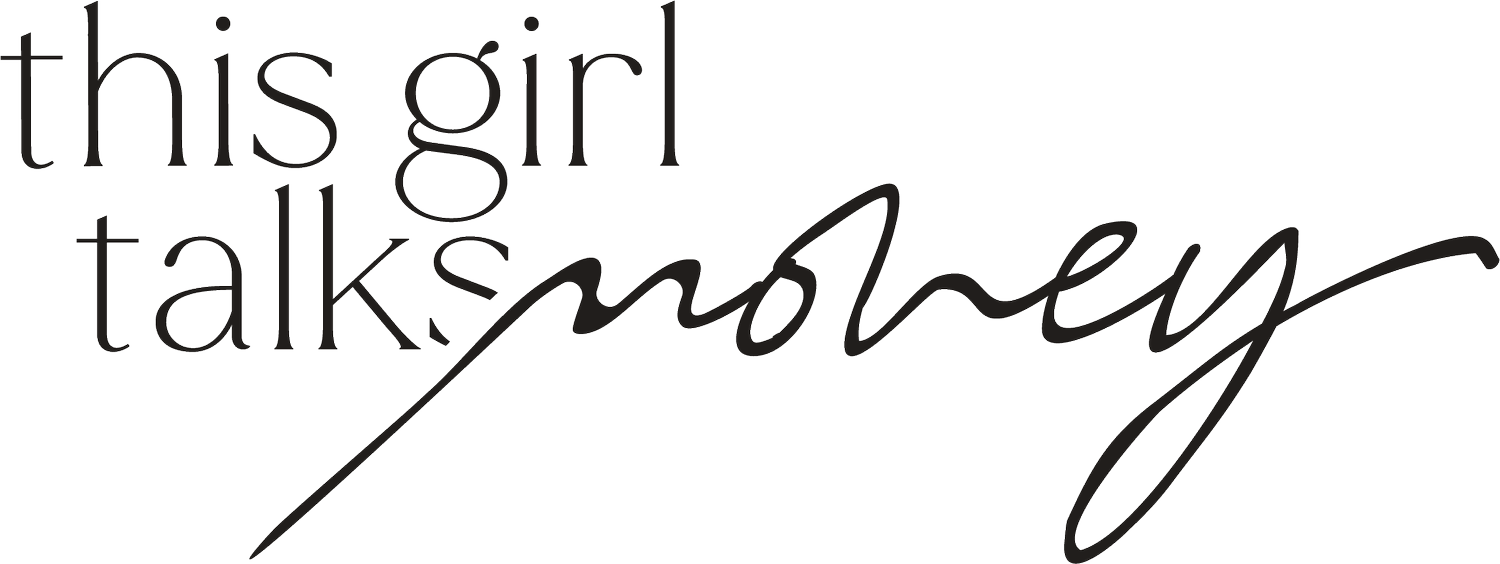What on earth is my money story?
You might not be aware of it, but your financial life and the way you view money isn’t influenced most by how much you earn, where you live or who you follow on social media. Yes, all of these have an impact in one way or another, however the most powerful influence on our financial lives is the story we’ve been telling ourselves about money for the majority of our lives.
Without knowing it, our own money stories are shaped not by what we’re told about money growing up, but by the experiences we have and the emotions we learn to associate with money. The seemingly small things - arguments about spending, comments about the scarcity of money - all shape our money stories and influence our attitudes and behaviours as adults. It’s pretty common to assume that our view of the world is normal, yet rarely is there a ‘normal’ when it comes to handling money. So why does it matter whether we know our own money story or not?
If you have a rocky relationship with money, understanding your money story gives you the knowledge you need to unpick your beliefs and reassemble them to shift how you see all things financial. Confidence, or lack thereof, when it comes to money is most often rooted in our money stories and can affect all areas of our lives, from asking for a pay rise to navigating tricky social situations where money is involved.
Individual benefits aside, knowing your own money story can make or break relationships. Intertwining two lives can be challenging as it is, before you bring money into the picture. Every person brings their own approach to finances into a relationship. The ability to talk about money constructively with your partner requires an element of humility and understanding that you are likely to have different views, given that you will have different money stories. Yet the ability to acknowledge your story and know why you think how you do about financial matters will set you up for a more compassionate and constructive conversation on the topic.
Ready to unpick your money story? Here are some starting points:
What are your earliest memories about money?
What were the feelings towards money in your household?
What attitudes did your caregivers have towards money?
Growing up, did you receive positive or negative messages about money?
When you were younger did you have more, less or similar financial means as your friends?
What were the attitudes towards spending and saving money in your household?
Take some time to reflect on your responses to these questions, allowing the answers to flow freely and without filtering. Write them down or discuss them with someone else, so that you can begin to build a picture of how these experiences have influenced your behaviour towards money as an adult.


